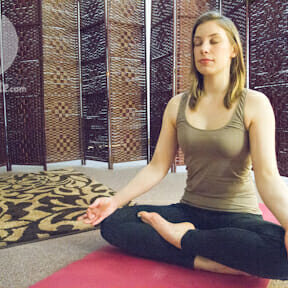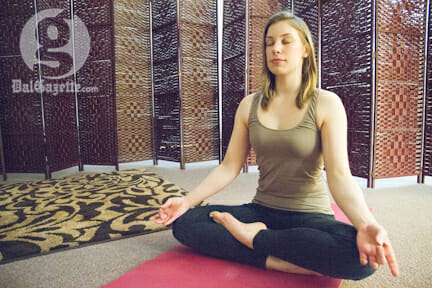

Spirituality allows us to move beyond ourselves, “pointing toward possible action.” (Bryn Karcha photo)
Apart from its practical, functional purposes in modern society (namely, giving students something to pray to at exam time), spirituality is a central part of life. It includes religion, but is not limited to it. What spirituality is perhaps most concerned with is the search for truth, an exhausting quest in which humanity has not found a complete answer. Religion as an institution has not satisfied us, science explains a great deal but few are wholly happy with it as an explanation to everything, and indifference— who cares if there is or isn’t a God?— still leaves the lingering question.
Now, in times defined largely by uncertainty, the question is sometimes asked: what is good spirituality? The definition is often general, in an attempt to avoid categorizing it too narrowly, though it has been given specific associations nonetheless. This is where the trouble with speaking of the benefits of healthy spirituality arises. The word is vague, can convey an over-emphasis on the self, or smack of new-age practices which have become institutions in themselves.
Spirituality, briefly put, is part of the way we all look at the world, whatever we believe or do not. If direct observation teaches us what there is in the world, the spiritual dimension determines how we interact with it, from our fellow humans to the ground beneath our feet. In this sense, spirituality is not so much a part of life as essential to it. To exist is to contemplate questions of origin, of reason, and of direction, and this takes shape in many ways, of which spirituality is one.
In contemplating the kinds of questions students face every day, it is not surprising that a sense of spirituality has a pivotal role to play; everywhere, but especially in school, the problems faced by the world seem inescapable. When spirituality is healthy and active, it acts as more than a shield against these troubles, or a personal comfort, but points towards possible action, neither imposing nor denying one’s own idea of truth. Spirituality has the potential to open the mind to possibilities beyond the ordinary; applied to student life, this role in particular is significant. It can, at its best, provide a vision and hope for a better future. Physical and mental health may be well served by spiritual practices such as yoga, dance or a walk in the woods— itself a spiritual activity when undertaken with a sufficiently active mind.
Healthy spirituality, then, is a variable idea, concerning at once the individual and the world around them. Introspection, soul-searching and questions of the self only go so far, though there is room enough in the world to consider them. However, it is equally important to contemplate the greater-than-self, the things less tangible than a bounded individual. Spirituality, if it is to mean anything, must be less calculated for its possible benefits and more an acknowledged element, going beyond simple questions-and-answers, and beyond the institutions of society.






